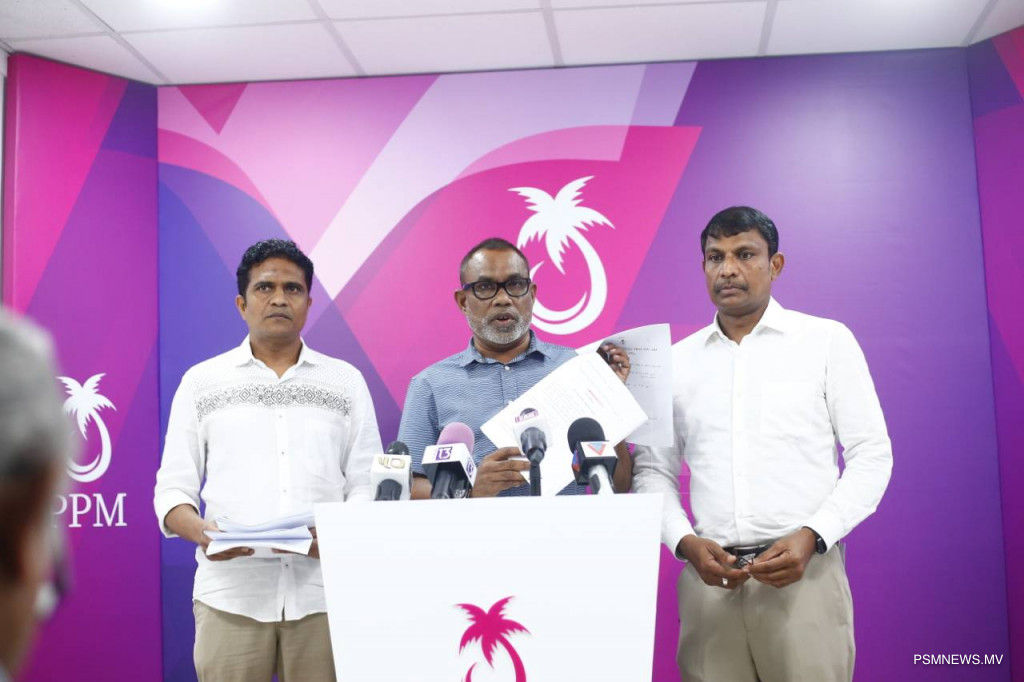Maldives ruling party denies secretively seeking to decriminalise bribery
Government-sponsored amendments to the penal code removed bribery as a prosecutable offence.

01 Aug 2018, 09:00
The ruling Progressive Party of Maldives has denied seeking underhandedly to decriminalise bribery through amendments to the penal code.
There was an uproar when the media discovered that a bill submitted by PPM MP Ibrahim Didi would remove bribery from the penal code as a prosecutable offence.
Section 510, the provision that includes bribery among offences against the functioning of the state, was revised to detail contempt of court offences instead, according to a report by the parliamentary committee that approved the bill on July 23.
The legislation was submitted on behalf of the government in early July, perfunctorily debated and sent to the national security committee for review.
Become a member
Get full access to our archive and personalise your experience.
Already a member?
Discussion
No comments yet. Be the first to share your thoughts!
No comments yet. Be the first to join the conversation!
Join the Conversation
Sign in to share your thoughts under an alias and take part in the discussion. Independent journalism thrives on open, respectful debate — your voice matters.




